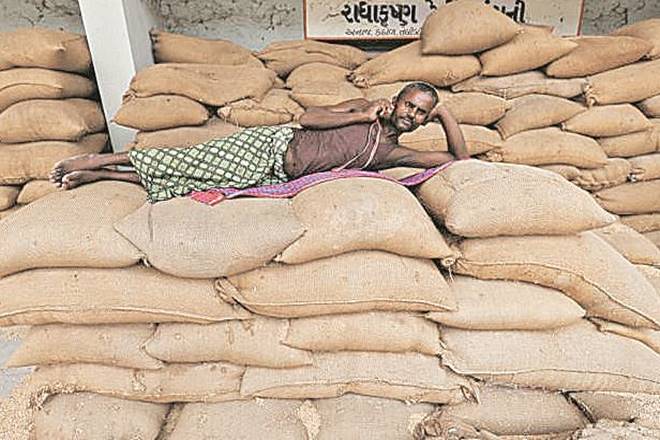The Maharashtra government has promulgated an ordinance deregulating all agricultural produce from the APMC Act. This means farmers can now sell all agri-commodiities outside regulated APMC markets in the state, Sadabhau Khot, minister of state for agriculture & marketing reforms said on Monday.
In July 2016, the state government amended the Act to deregulate vegetables and fruits. Now, flowers, oilseeds and foodgrains have also been taken out of the purview of the APMC Act, Khot said, terming this as a positive move in the area of marketing reforms.
The ordinance comes into immediate effect, he said, dismissing reports that this could impact the revenue of market committees. “Market Commitetes will continue to function as before. Even today several farmers sell their produce outside market committees. Market committee charge a cess of some 6% when these committees do not provide any services or facilities to farmers,” he said.
The changes have been made in accordance with the Centre’s Model Agricultural Produce and Livestock Market Act 2017, he said adding that the scope of the Act in the state has been widened to include promotion and facilitation instead of regulation.
Some of the other measures also include establishing markets of national importance (MNI). At present, Asia’s largest agri market Azadpur Mandi, Delhi is the only Market of National Importance (MNI) in the country. Now Maharashtra has taken the lead to frame a policy to encourage and grant the status of Markets of National Importance to some of the Agriculture Produce Market Committees (APMCs) in the state.
The move aims to strengthen the agricultural marketing system in the state and encourage export and trading among states. If any APMC receives more than 30 % arrivals of the total from two other states then that committee would be declared as APMC of national importance.
This means that markets such as Mumbai, Pune, Nashik and Nagpur APMC’s may fit into this criterion. Therefore instead of a elected body on the APMCs which is the current case, in such markets a nominated board would come into existence, Khot pointed out.
Maharashtra has 306 APMCs. If some of the APMCs become MNIs and do away with elected bodies they can grow beyond local markets and can also export produce to overseason countries. The APMCs are now monitored by elected bodies that usually end up keeping the local interests in mind and therefore the presence of professionals could change the outlook of the market as well as encourage inter-state trading, a senior officials said.
